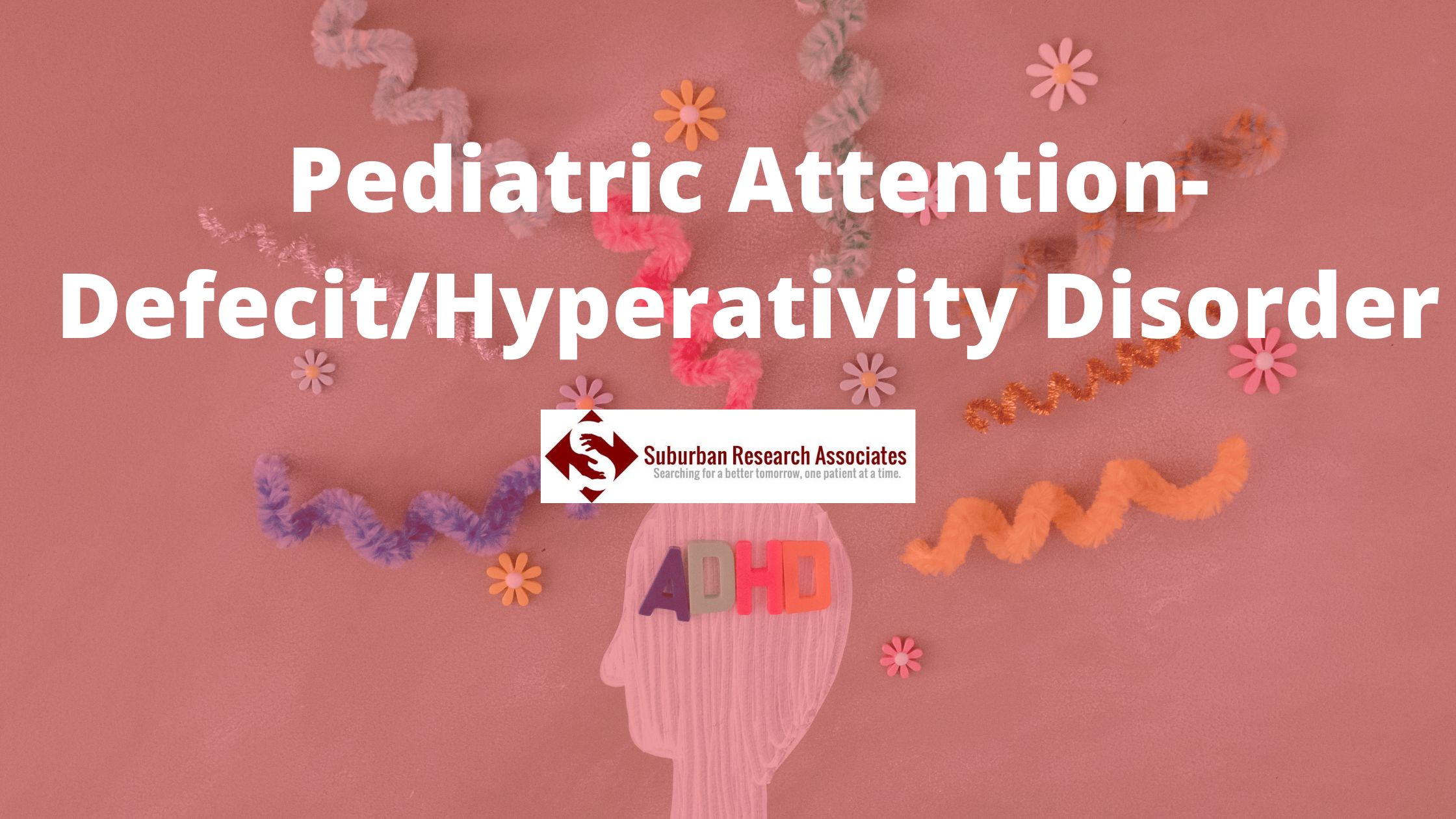What Is ADD/ADHD?
ADD and ADHD stand for Attention Deficit Disorder and Attention Deficit Hyperactivity Disorder. In children and pediatrics, it can often be hard to decipher what is normal child behavior and what could potentially constitute a diagnosis of ADD or ADHD.
Signs, Symptoms, and Diagnosis
When determining whether a child has ADD or ADHD, psychologists, psychiatrists, and health care professionals often look at the combination of symptoms a child displays and refers to what is known as the Diagnostic and Statistical Manual of Mental Disorders (DSM-5) when making an official diagnosis. This manual lays out different criteria that must be met in order for a diagnosis to be necessary. For instance, for a diagnosis of ADD, a child must display 6 or more symptoms for at least 6 months. Some symptoms that are considered when making a diagnosis include but are not limited to, lack of attention to detail, difficulty maintaining attention, not listening or responding when being talked to, trouble with task organization, feeling of forgetfulness and losing things, among others. For a diagnosis of ADHD, the criteria is similar to the criteria for ADD; however, the child must also have indicators of hyperactivity or impulsivity (DSM-5).
When to Seek Help:
Parents often wonder when the appropriate time is to seek help for signs of ADD or ADHD. A rule of thumb to go by is, when you feel something is off, it can’t hurt to seek a professional opinion just to be safe and sure. This is especially true if the concern has been going on for 6 months or longer, but early monitoring can help lead to early diagnosis and early intervention/management.
Treatment:
Treatment for ADD and ADHD depends on each individual child. Everyone responds to different treatment methods differently. Some individuals use a combination of behavioral therapy along with medication. Others prefer not to use medication and solely manage their symptoms through various coping techniques learned through therapy. To determine which treatment plan is best for your child, discuss different options with your child’s health care provider. A team approach can be effective when it comes to managing your child’s ADD or ADHD (American Psychiatric Association).
“My child has tried various types of treatment, and nothing has worked. What else can I do?”
This is a common question. As mentioned , everyone and every child responds to treatment differently. Luckily, new and evolving research is growing around ADD and ADHD. You can find clinical trials for ADD and ADHD research at ClinicalTrials.gov. If you are living in or around Eastern Pennsylvania, at Suburban Research Associates, we recently opened enrollment for an adolescent ADHD study in our Delaware county office. If you think this might be a helpful option for your child, call 610-891-7200 to learn more!
References and Resources


